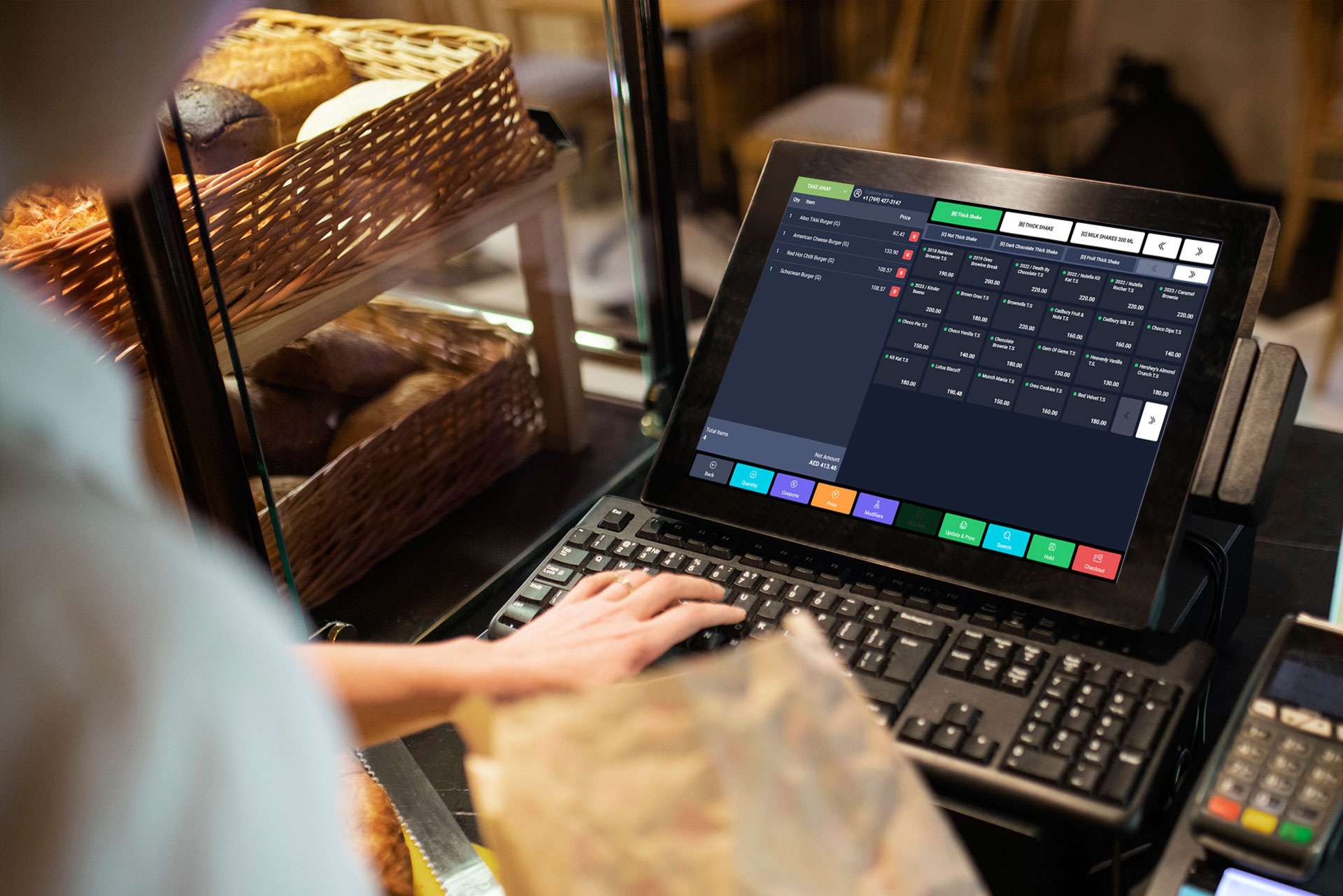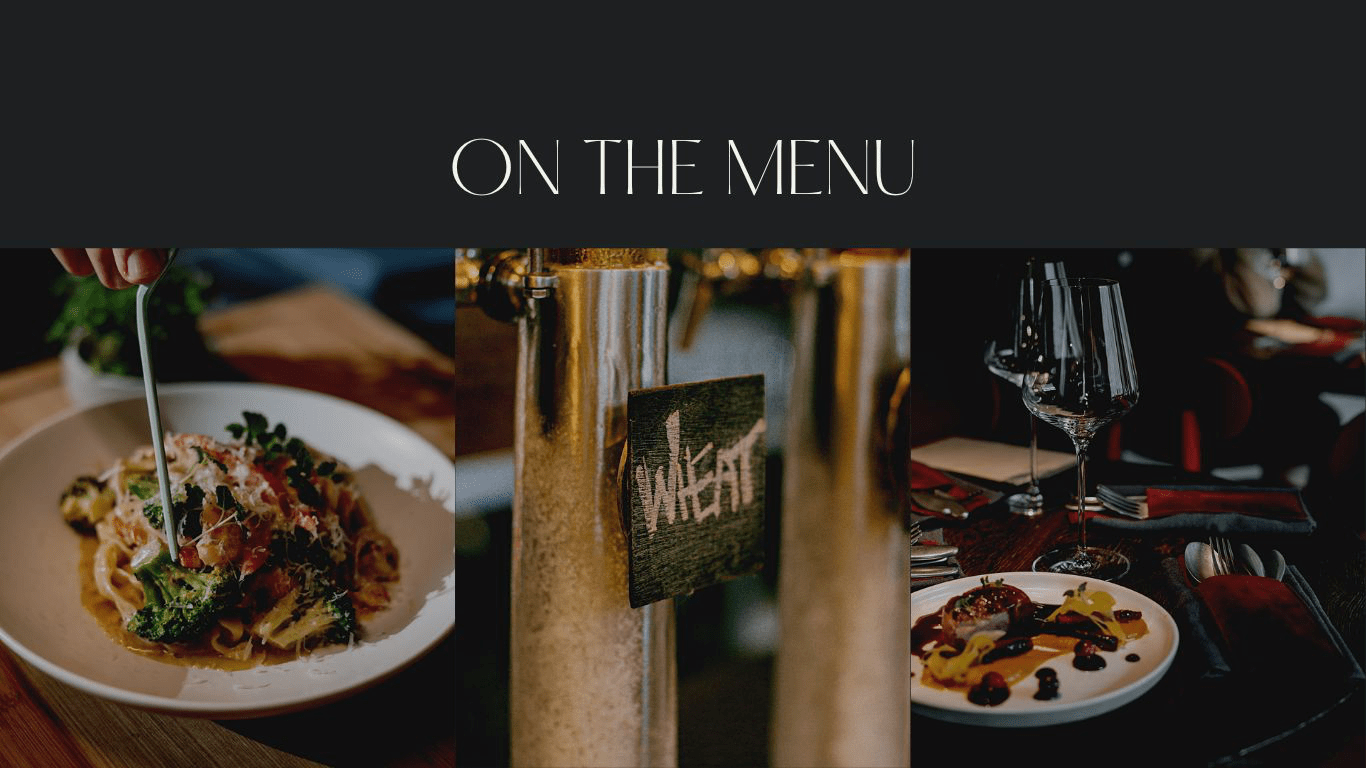Artificial Intelligence (AI) has revolutionized various sectors, and the restaurant industry is no exception. From streamlining operations to personalizing guest experiences, AI technologies are transforming the way restaurants operate and interact with customers.
In this blog post, we will explore the myriad ways in which AI is reshaping the restaurant industry, providing benefits for both establishments and diners alike.
As we embark on a journey through the tantalizing possibilities of AI, prepare to discover how this groundbreaking technology is reshaping the restaurant industry and paving the way for a culinary revolution like never before. Get ready to feast your senses on the incredible capabilities of AI as we explore what it can do for the restaurant industry.
“The Power of Artificial Intelligence in the Restaurant Industry: Transforming Operations and Enhancing the Guest Experience.”
Certainly! Here are some specific ways in which AI is being utilized in the restaurant industry:
Chatbots and Virtual Assistants:
AI-powered chatbots and virtual assistants can handle customer inquiries, reservations, and provide real-time support. These systems can answer frequently asked questions, make personalized recommendations, and assist with reservation management, freeing up staff to focus on other essential tasks.

Voice Recognition for Order Processing:
AI-powered voice recognition systems can accurately process customer orders placed over the phone. These systems can understand different accents and languages, ensuring that orders are taken accurately and minimizing miscommunication between customers and staff.
Robotics in Food Preparation:
AI and robotics are being used in some restaurants for food preparation tasks. Robotic systems can chop vegetables, assemble ingredients, or even cook dishes with precision and consistency. These technologies help enhance efficiency, reduce labor costs, and maintain quality standards.
Streamlined Operations:
AI-enabled systems can automate and optimize processes such as inventory management, supply chain logistics, and staff scheduling. By analyzing historical data and real-time trends, AI algorithms can predict demand, optimize inventory levels, and reduce waste. These technologies free up valuable time for restaurant staff, allowing them to focus on providing exceptional service and enhancing the dining experience.
Personalized Guest Experiences:
AI enables restaurants to deliver personalized experiences that cater to individual preferences and needs. With the help of machine learning algorithms, restaurants can analyze customer data, such as order history and feedback, to make personalized recommendations and tailor promotions. AI-powered chatbots and virtual assistants can handle customer inquiries and reservations, providing quick and accurate responses while reducing staff workload.
Advanced Data Analytics :
The vast amount of data generated by the restaurant industry can be overwhelming, but AI can extract valuable insights from this information. AI algorithms can analyze customer feedback, social media mentions, and online reviews to provide actionable insights that drive decision-making.
By understanding customer preferences, restaurants can adapt their offerings, refine marketing strategies, and make data-driven operational changes to improve guest satisfaction and loyalty.

Food Prices Rising in 2023: How to take control of costs
Order Accuracy and Speed:
AI-powered solutions, such as self-ordering kiosks and voice recognition systems, can significantly improve order accuracy and speed in restaurants. These technologies reduce the chances of miscommunication between customers and staff, ensuring that orders are taken accurately. By minimizing errors and speeding up order processing, restaurants can enhance customer satisfaction and increase operational efficiency.
Social Media Monitoring:
AI-powered tools can monitor social media platforms, review websites, and online forums to track mentions and feedback related to the restaurant.By staying informed about online conversations, restaurants can respond promptly to customer concerns, address negative reviews, and leverage positive feedback to enhance their brand image.

Predictive Analytics for Demand Forecasting:
AI algorithms can analyze historical sales data, seasonal trends, weather patterns, and other variables to predict future demand accurately. This information helps restaurants optimize inventory levels, reduce waste, and ensure they have sufficient supplies to meet customer demand without overstocking.
Enhanced Food Safety:
AI technologies can monitor temperature and humidity levels in refrigeration units, helping to prevent food spoilage and maintain food safety standards. AI-powered systems can send alerts to staff if there are any deviations from the desired conditions, enabling prompt action to be taken.
Marketing and Loyalty Programs:
AI algorithms can analyze customer data to create personalized marketing campaigns and loyalty programs. By understanding individual preferences and behaviors, restaurants can deliver targeted promotions, recommend menu items, and reward loyal customers, fostering customer loyalty and increasing engagement.
Conclusion
AI technologies have immense potential to revolutionize the restaurant industry, offering benefits such as streamlined operations, personalized guest experiences, improved data analytics, and enhanced food safety. With AI’s ability to optimize efficiency, accuracy, and customer satisfaction, restaurants that embrace these technologies can gain a competitive edge in an evolving and increasingly digital landscape.





